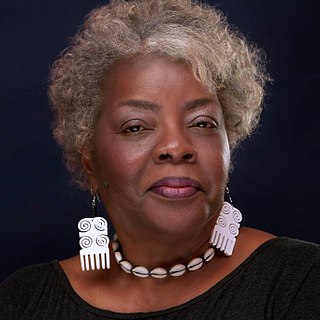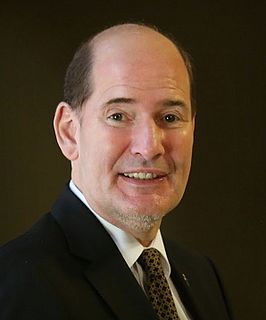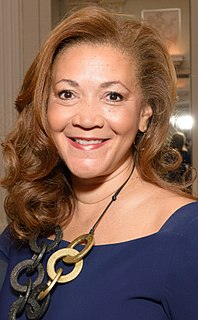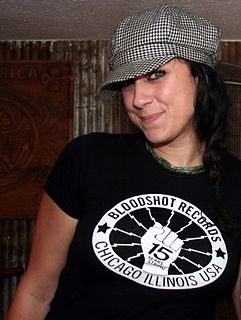A Quote by Luisah Teish
I maintain that the biggest challenge in the new millennium could be a change of habit. We could change from a dominating commodity culture into one of true exchange in which we learn from each other in humility and respect. I do think it's possible. But it's up to us.
Related Quotes
I used to believe that you could change the culture or behavior of a company. I still believe it's possible, but it is at least a five to ten year process, if you are successful at all. More recently, I have been attracted to the ideas of the behavioralist, Edgar Schein. Schein has argued that you cannot change the culture of a company, but you can use the culture of a company to create change. It's an interesting approach to overcoming resistance. And if you can change how a company does its work, you might eventually be able to change how its people think.
The new millennium sucks! What a disappointment! What's the difference between the old millennium and the new millennium? Nothing! It's the same load of crap with a '2' in the front. When I was a kid, I am old enough so that when I was a kid, I looked forward to the new millennium. When I was young, I said, 'I'm gonna live through a change! A massive change! Things are gonna be different! Things are gonna be great!' Screwed again! No flying cars! No flying cars!
There's only one band that could ever even pretend to assume the mantle of what the Beatles did, who have been so pre-eminent and world-dominating that they could effect a paradigm shift in the culture, who have been willing to leverage their success into musical change, and that is U2 - regardless of what the result of that is.
When you venture at life with curiosity, you can learn from anything. You learn from things that you could never maybe thought you could learn from. And when you actually step into the room with a lot of people who have an education in a classroom, that is very similar to other people's educations, you'll actually come with a unique perspective that could be a valuable perspective that creates an innovation that could change the world.
A contact with an extraterrestrial civilization is the greatest challenge for mankind in the Third Millennium. We would finally realize that we are indeed not alone, what could cause a new Copernican revolution, a quantum leap in our thinking and perspective. We would finally realize that we are one mankind and all the small differences which separate humans from each other today-nationality, race, religion-would disappear. Only together can mankind explore the universe, our true home and destiny.
I think the challenge of climate change in particular is the challenge for us to create and produce new norms for a new kind of world. And that's why I think as important as the issue of climate change is, it's even more important than it seems because if we can't evolve very quickly, new norms to deal with issues like climate change, we're not going to be able to survive in the kind of world we've created. So I think, really, the whole nature of democracy, of governance, of global community and of solving the kinds of problems of the 21st Century are really at stake.
World War II vets in general didn't talk about their experiences. They believed there was something better and that they were going to prove to America what they could be and show America what it could be by being the change that they wanted. Like that Ghandi phrase "be the change that you want to see" but I think that it was also just a different culture. People didn't want to complain, whereas today if you go to the Starbucks and they mess up your order you might tweet about it. You know it's a different kind of culture.
With respect to our friends in the [Iraq] region, each has its own system, each will have to make its own judgment as to whether it will change, how fast it will change, and we hope that we can help influence them as to how change comes about and what change might be better for them than other forms of change.
The technique of a great seducer requires a facility and an indifference in passing from one object of affection to another which I could never have; however that may be, my loves have left me more often than I have left them, for I have never been able to understand how one could have enough of any beloved. The desire to count up exactly the riches which each new love brings us, and to see it change, and perhaps watch it grow old, accords ill with multiplicity of conquests.



































